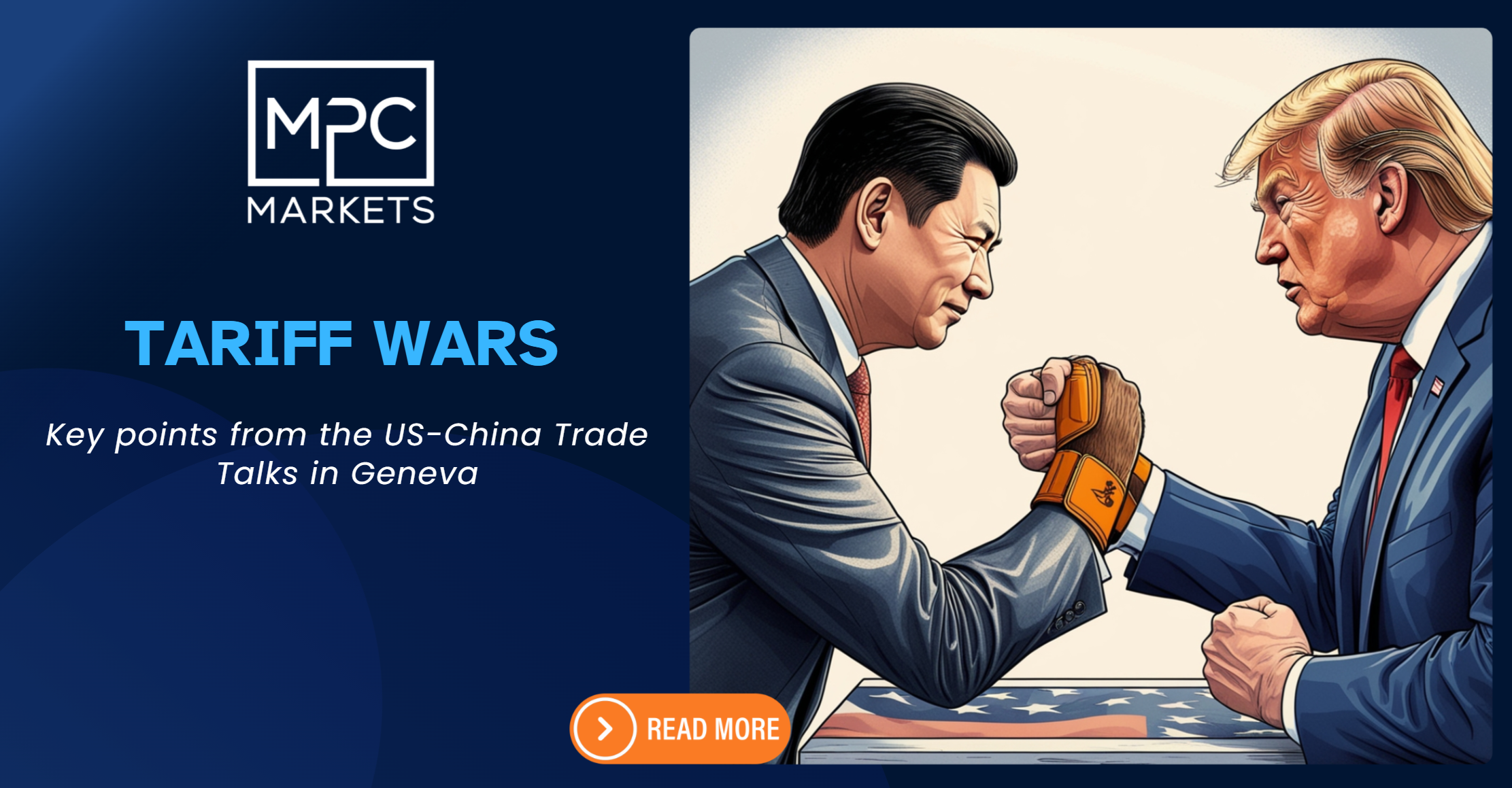Got a question about this article? Ask the Team at MPC
The First Step: US-China Trade Talks in Geneva
Key Points from the the first substantive high-level talks between U.S. and Chinese officials in Geneva
Negotiation Progress and Tone
- After eight hours of talks in Geneva, no public deal was reached; both sides only committed to continue negotiations for at least a second day.
- President Trump called it a “total reset” in trade relations, but experts remain cautious, noting the two sides are still at the very beginning of substantive negotiations.
- Chinese state media and officials reiterated that the US must lift tariffs to show “sincerity” before China will consider deeper trade liberalization.
- The talks are described as “constructive,” but expectations for a quick breakthrough remain low.

Key Issues and Sticking Points
- The main obstacle remains the high tariffs: US tariffs on Chinese goods are at 145%, with China retaliating at 125%.
- Trump floated lowering tariffs to 80%, but this is seen as insufficient by Beijing, which seeks more substantial tariff relief before engaging in broader trade reforms.
- Chinese negotiators insist that without significant movement on tariffs, they will not discuss further trade liberalization.
- Both sides are wary of appearing weak, and the talks are seen as a way to establish baselines and test the mood rather than to reach an immediate agreement.
Fentanyl and Side Issues
- The fentanyl crisis is a key US concern; China has shown willingness to step up enforcement against the export of precursor chemicals used to make fentanyl.
- President Xi sent top public security aide Wang Xiaohong to Geneva to address US fentanyl concerns, indicating the issue’s importance to both sides.
- US negotiators are demanding hard guarantees and verifiable benchmarks on fentanyl enforcement, not just symbolic gestures.
- The fentanyl issue is seen as a potential confidence-building measure but not a substitute for progress on tariffs.
Economic and Strategic Dynamics
- China appears prepared for a prolonged standoff, implementing domestic economic support measures and betting that the US will feel the economic pain more acutely.
- The talks are not expected to yield a quick fix; instead, they are laying groundwork for possible future progress and exploring side issues to build limited trust.
- The economic impact of tariffs continues to be severe, with both countries’ exports and manufacturing sectors suffering, and global supply chains being restructured.
Comparative and Regional Context
- China’s approach mirrors that of Japan in its own trade talks with the US-refusing to make quick deals without addressing core concerns (e.g., auto tariffs for Japan).
- The talks are taking place in a context of broader global economic uncertainty, with investors, companies, and governments watching closely for signs of de-escalation.
Additional Details
- The Geneva meetings are being held in a private villa on Lake Geneva and are facilitated by Swiss officials, who see the mere fact of dialogue as a success.
- China’s Vice Premier He Lifeng and public security aide Wang Xiaohong are leading the Chinese delegation; US Treasury Secretary Scott Bessent and Trade Representative Jamieson Greer are representing the US.
- The talks may extend into Monday if progress is made
ASK A QUESTION

GENERAL ADVICE WARNING:
Recommendations and reports managed and presented by MPC Markets Pty Ltd (ABN 33 668 234 562), as a Corporate Authorised Representative of LeMessurier Securities Pty Ltd (ABN 43 111 931 849) (LemSec), holder of Australian Financial Services Licence No. 296877, offers insights and analyses formulated in good faith and
Opinions and recommendations made by MPC Markets are GENERAL ADVICE ONLY and DO NOT TAKE INTO ACCOUNT YOUR PERSONAL CIRCUMSTANCES, always consult a financial professional before making any decisions.

